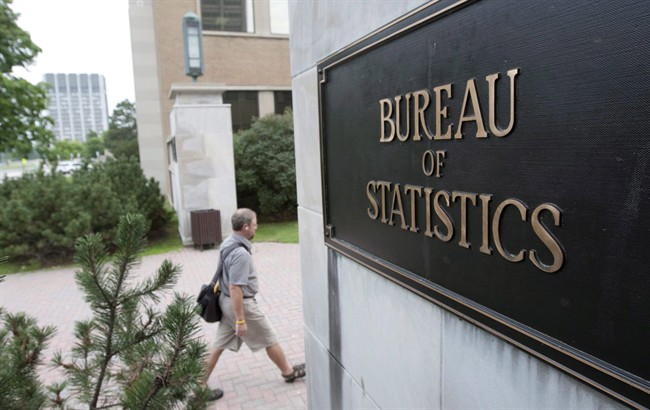For the fifth month in a row, the national unemployment rate is down.

Statistics Canada says 31,000 jobs were added in October, bringing the unemployment rate down to 6.7 per cent, from 6.9 previously.
John McCallum, senior scholar at the Asper School of Business at the University of Manitoba, says Manitoba’s October performance was “just fine.”
McCallum says Manitobans leaving the workforce or looking elsewhere is bringing the provincial unemployment rate to 5.3 per cent, which is the lowest in the country.
And he says we should be more concerned about the latest inflation projections from The Bank of Canada, which we’ll feel at the pump, the grocery store and in energy.

“Their latest forecast for 2021, 2022 and 2023 shows the prices are likely to go up, they say, by close to 10 per cent. That comes right out of people’s income. So you’ll have a rising inflation rate but your income isn’t keeping up with it. As your income goes up it gets taxed whereas with inflation there’s no relief from taxes.”
McCallum says combatting rising inflation rates isn’t an easy or appealing task.

Get breaking National news
“The only way to fight inflation is to raise interest rates and that comes out of people’s mortgages and lots of people have variable-rate mortgages.”
According to Stats Canada, 72,000 jobs got picked up in retail pushing the industry’s employment back to pre-pandemic levels for the first time since March 2021. Most of those numbers are in full-time work in Ontario and British Columbia.
As we approach the holiday season, experts are warning of supply chain shortages, an issue McCallum doesn’t expect to persist over the long term.
“For the moment, the chain is jammed up for a variety of reasons. There assuredly will be shortages at stores this year but as we go into next year and next spring I suspect this supply chain talk will kind of go away.”











Comments